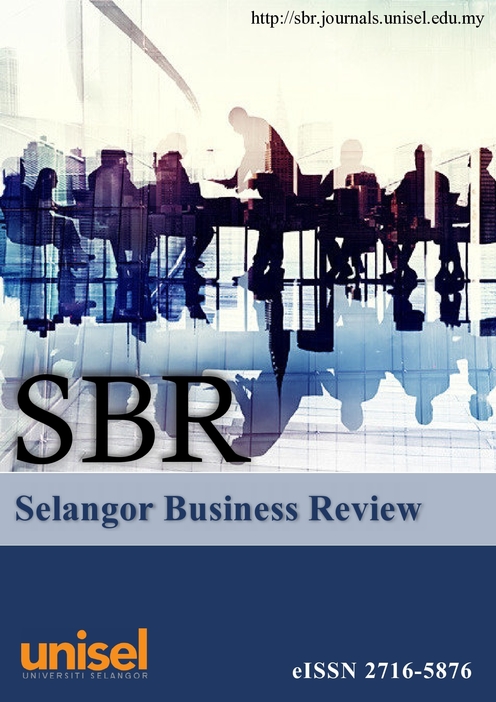Assessing online learning effectiveness and job performance among university lecturers in Selangor
Keywords:
quality of technology, student engagement, usability factor, online learning, job performanceAbstract
This study investigates the factors influencing the job performance of lecturers in private higher education institutions in Selangor, Malaysia. It examines how these factors vary across demographic categories such as gender and faculty affiliation, employing statistical methods including regression analysis, t-tests, and ANOVA. The findings indicate that the quality of technology and usability factors significantly affect faculty job performance, underscoring the importance of technological resources and active student engagement in achieving improved academic outcomes. Gender-based analysis reveals that male faculty members generally perceive job performance, usability factors, and the quality of technology more favourably. Faculty-specific differences were also identified, with the Centre for Foundation and General Studies reporting the highest ratings for job performance and the usability factor, while the Faculty of Communication and Media Studies excelled in student engagement. These results highlight the influence of demographic characteristics and academic disciplines on faculty performance. The study concludes that improving technological infrastructure, encouraging active engagement, and implementing faculty-specific strategies can substantially enhance both individual and institutional effectiveness. The findings offer valuable insights for higher education policymakers and administrators in formulating policies tailored to the distinct needs of diverse academic settings.



